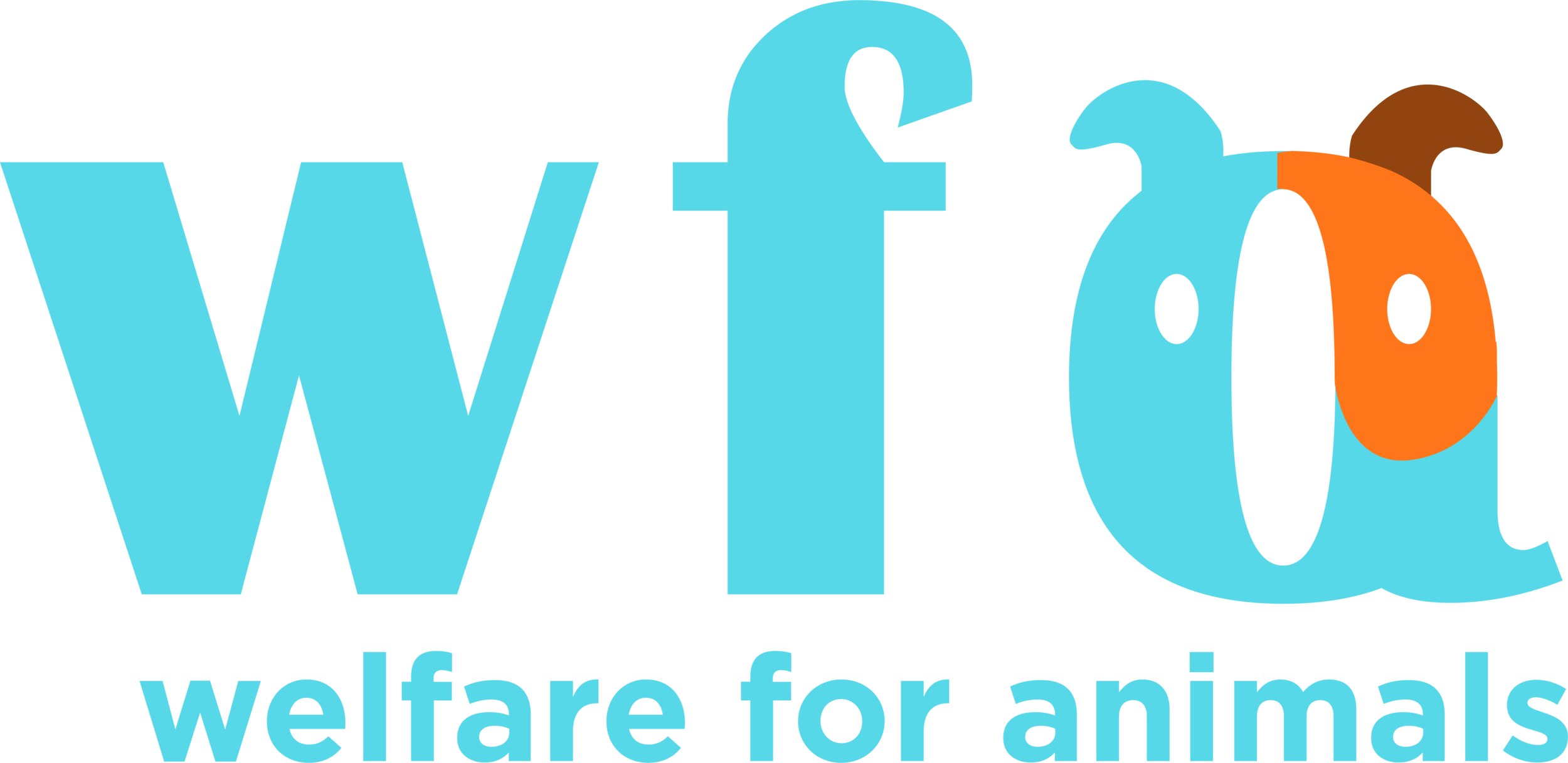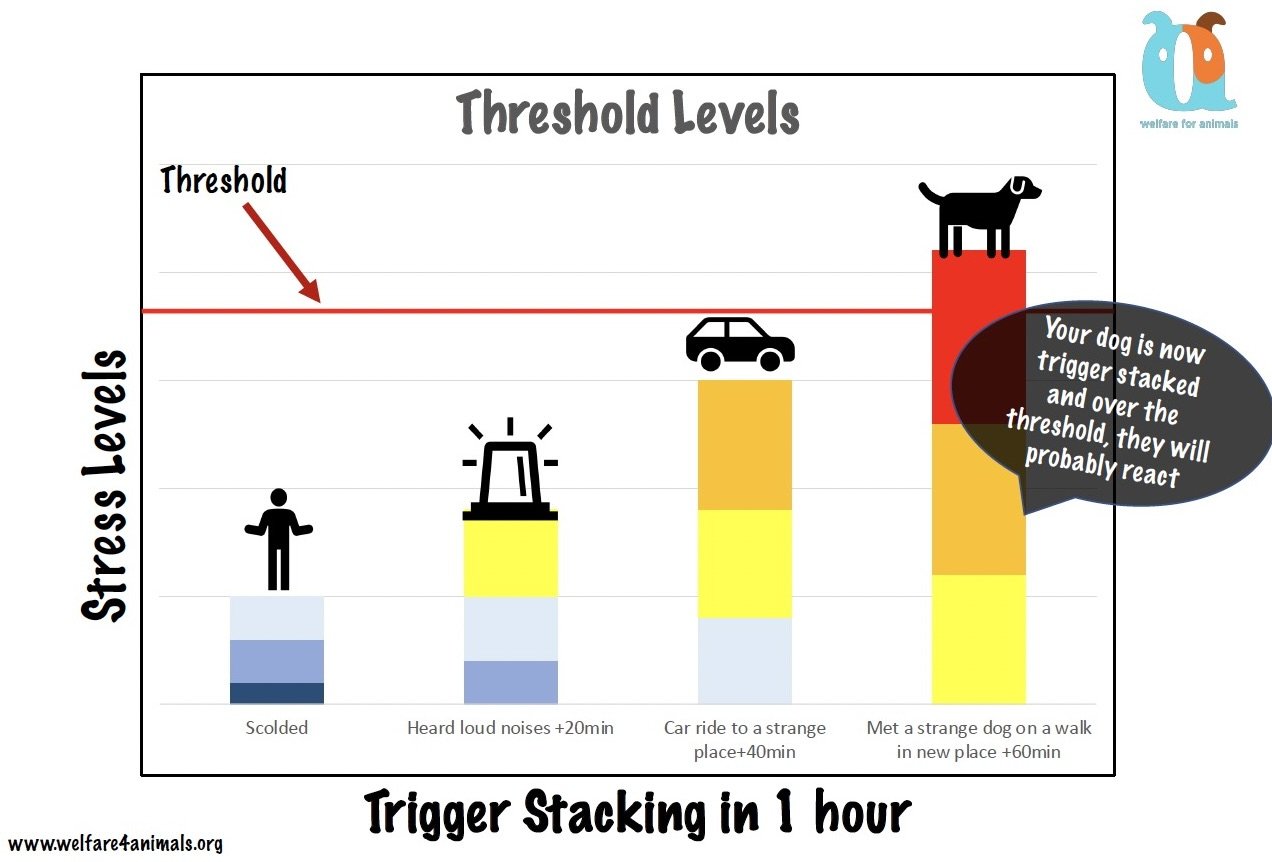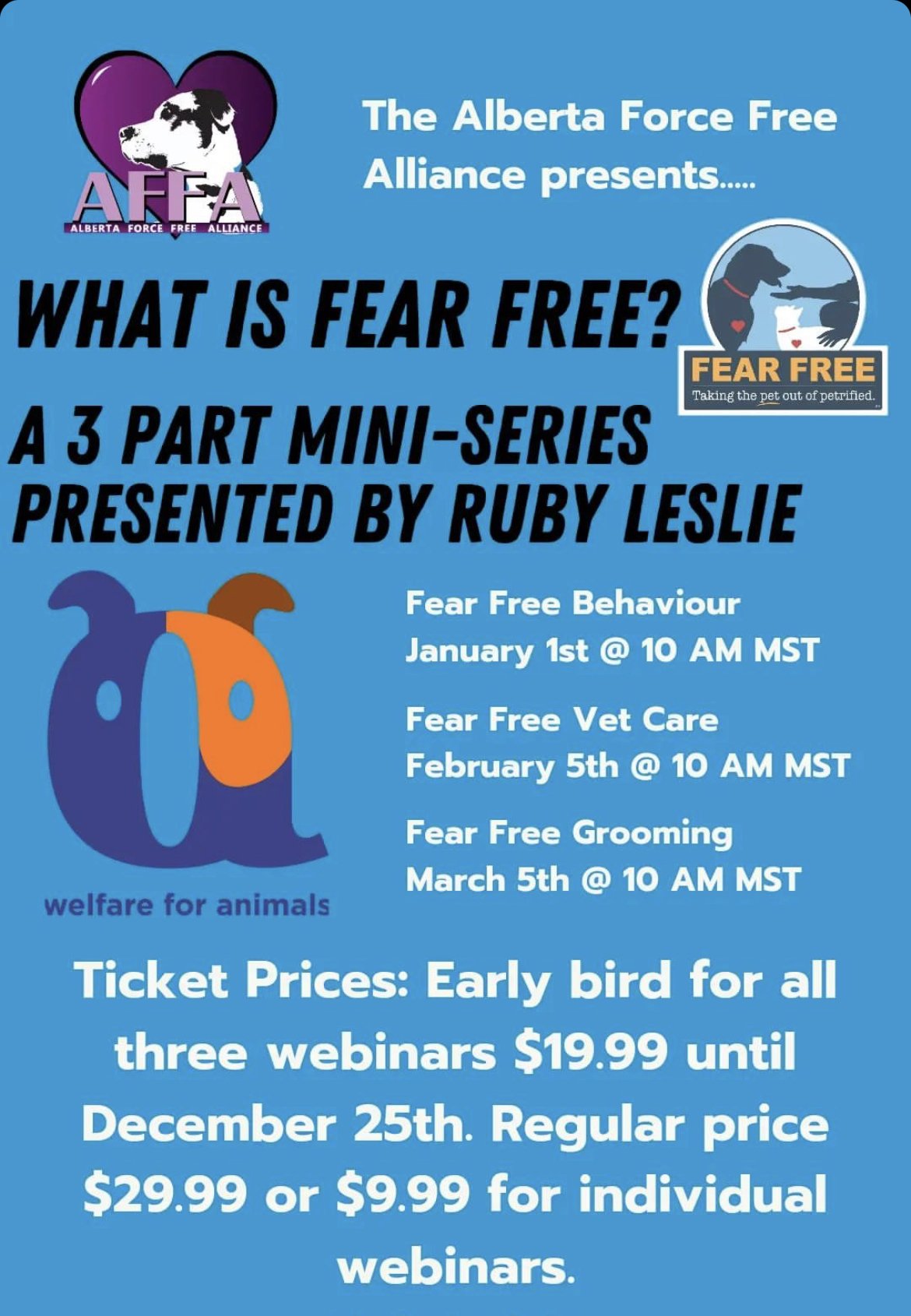Holiday Pet Safety
Is it the most wonderful time of the year or the most stressful time of the year? The amount of time and effort required to prepare for the holiday season is exhausting!!
Preparing for the holiday season can involve:
Hours in the kitchen cooking and baking meals and cookies/sweets
Planning for family and friends to join you at holiday markets
Putting up decorations
Putting up and decorating a tree
Putting lights up and decorations outside the house
Planning get-togethers at holiday light displays
Playing holiday music/going to concerts
Going to musical concerts/your child’s holiday concert
Deciding and buying gifts
Sending out holiday cards
With so many things to do in such a short time to make the world a holiday season magical for our kids and family, and with the ever-present threat of the COVID-10 variation Omicron looming large- it is very easy for us to get trigger stacked and feel incredibly stressed.
Trigger stacking = an accumulation of stress overtime
While we are busy elves, trying to create these magical moments for our human families, it is easy to forget how our actions and the actions of others around us will affect our furry family members.
Earlier this week WFA & Dogly held our Holiday Pet Safety Support Group- which was 1.5 hours of discussion and a presentation on Holiday Pet Safety. If you missed it, you can access for the recording here.
Trigger stacking for your pets over the holidays
Let’s consider how much our actions and preparation for the holiday festivities might trigger stack our pets:
Changing their environment- bring out lots of boxes that you leave around your home for several days, you might need to move furniture around to make room for the tree, add decorations, or you might even go to an AirBnB/hotel for a few nights with friends
Changing their routines- they might be fed or go for walks at different times, bedtime routines are different as you might go to bed later due to parties/events or have their litter boxes/water bowls cleaned at the usual times- which if you’re a cat- matters!!
New smells- different food around, unfamiliar meat being cooked in the oven, poinsettias (poisonous to pets), wreaths (if real), tree (if real or dusty if artifical)
New sights- Outside: blow-up Santas, reindeer, flashing lights, decorations. Inside: gifts, bells, wreaths
Unfamiliar people- family or friends that you rarely have over are now coming over, including excited children
Unfamiliar pets- visiting your family’s house or going to the AirBnB with your dog and your family/friends also bring their dogs
Increased unexpected absences- if you work from home, you might be leaving for extended periods of time to visit family, friends, markets, events, or parties
In a very short time-frame, there has been significant changes in your pet’s home and outside environment. This can trigger stack them, leading to increases in lunging, growling, hiding, vocalizations (howling in cats and barking in dogs), decreased interactions, and a rise in bites.
Why would there be a rise in dog bites during the holiday season?
Unfortunately, many people don’t understand or know dog body language and misinterpret your pet’s signals
Sadly, some family members or friends think it’s cool to be cruel and intimidate or manhandle a dog or a cat (it’s not, it’s inhumane as dogs and cats, like all animals are sentient beings)
Children run around dogs and cats, squealing, or yelling in excitement, grabbing at their fur, paws or tails, pick them up when they don’t like being handled, or flail their arms around
Trigger stacking due to all the changes!
What can you do to help your pet, reduce their trigger stacking and the potential for bites?
Management is key!!! During the holiday season there isn’t much time for desensitization and counterconditioning for strangers, other dogs, or children, and you need to keep your pet safe from ingesting toxic foods, flowers, or decorations. You can focus on the behaviour modification or training after the holidays, or next year start training in advance. (Contact us if you need 1-1 virtual or in-person training to reduce your dog’s fear, anxiety, and stress -contact us here.) Instead- focus on management to create calmness for your pet (as much as possible) during the holiday season.
Management for your pet looks like:
Introducing pheromones around your home and sprays on your pet’s bed 1 week in advance before your family and friends come over
Keeping decorations in locations that your pet can’t access
Gradually change areas around your home- do 1 week of gradual changes for decorating instead of 1 day
Only put gifts under the tree Christmas morning or evening- or cover them with a blanket so your pet won’t try to eat or chew the gifts or ribbons
Keep your pet’s routines that same to help them feel less anxious
Create a pet-only safe room that your pet can go to during visits- and get them used to staying in there with a KONG, Lickimat, or a snuffle mat
If you need to introduce your dog to other dogs, do so in a neutral area, such as on a walk, and then have a safe spot in your home using baby gates so your dog can have chill out time away from the other dogs
Feed all the dogs in separate locations in the home- never include a resource in a group of dogs that just met or you will have a dog fight
Cover or put away any food like cookies in drawers so your pet won’t access it
Use calming pet music, calming music, the radio or even Disney movies for your pet to drown out loud noises and reduce fear
Ask your family how you want them to interact with your pet such as the consent test below
If children are around, then adults have to actively supervise their interactions with your pet- don’t be afraid to say “NO! Don’t do that” or “Give Fido space” to a child
Make sure to spend solo time with your pet so they don’t feel forgotten
Advocate for your pet during holiday interactions using the consent test as an interaction guide
Learn pet body language
Join WFA and the Alberta Force Free Alliance for our Fear Free Behaviour event on January 1 at 10am MST to learn more about dog body language. Register here
Don’t forget to check out the recording of WFA & Dogly’s Support Group on Holiday Pet Safety - click here.
Sources
https://www.researchgate.net/publication/6484539_Dog_bites
https://www.bbc.com/news/world-42424407
https://dogbitelaw.com/blog/quick-holiday-tips-to-avoid-dog-bites




